The Tesla Roadster and its mannequin driver that launched into space aboard SpaceX’s first Falcon Heavy rocket on Tuesday (Feb. 6), has been spotted by a telescope on the ground.


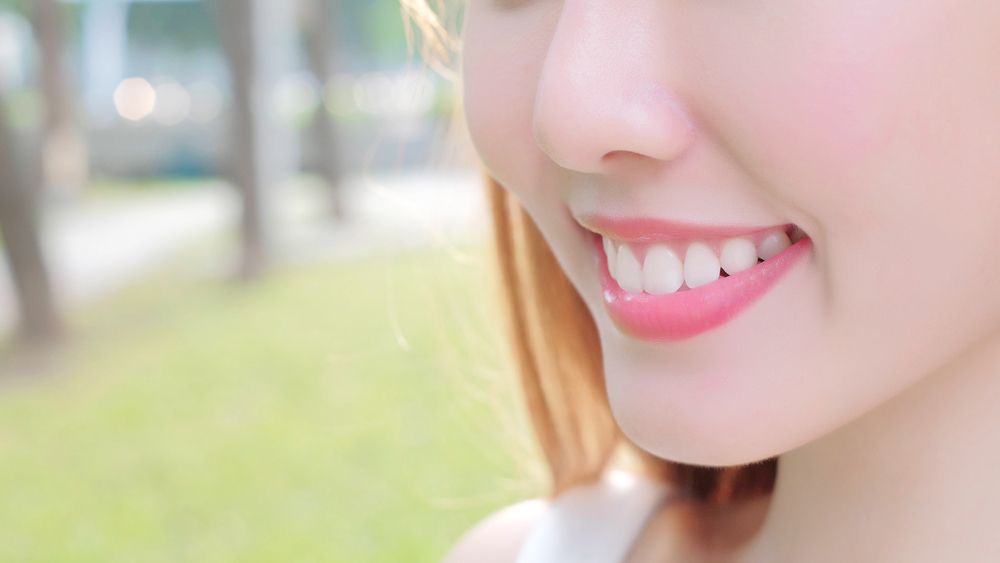
What if I told you that we could regenerate our teeth? Well, that may soon be a possibility thanks to new research showing that teeth can be encouraged to regrow. Rather than drilling holes into teeth and plugging them with artificial fillers, dentists in the near future may be able to rebuild your teeth with a new technique.
Stimulating stem cells
Professor Paul Sharpe, a scientist based at King’s College in London, and his team have found a way to do just this in mice. They published a study last year that described this new approach[1].
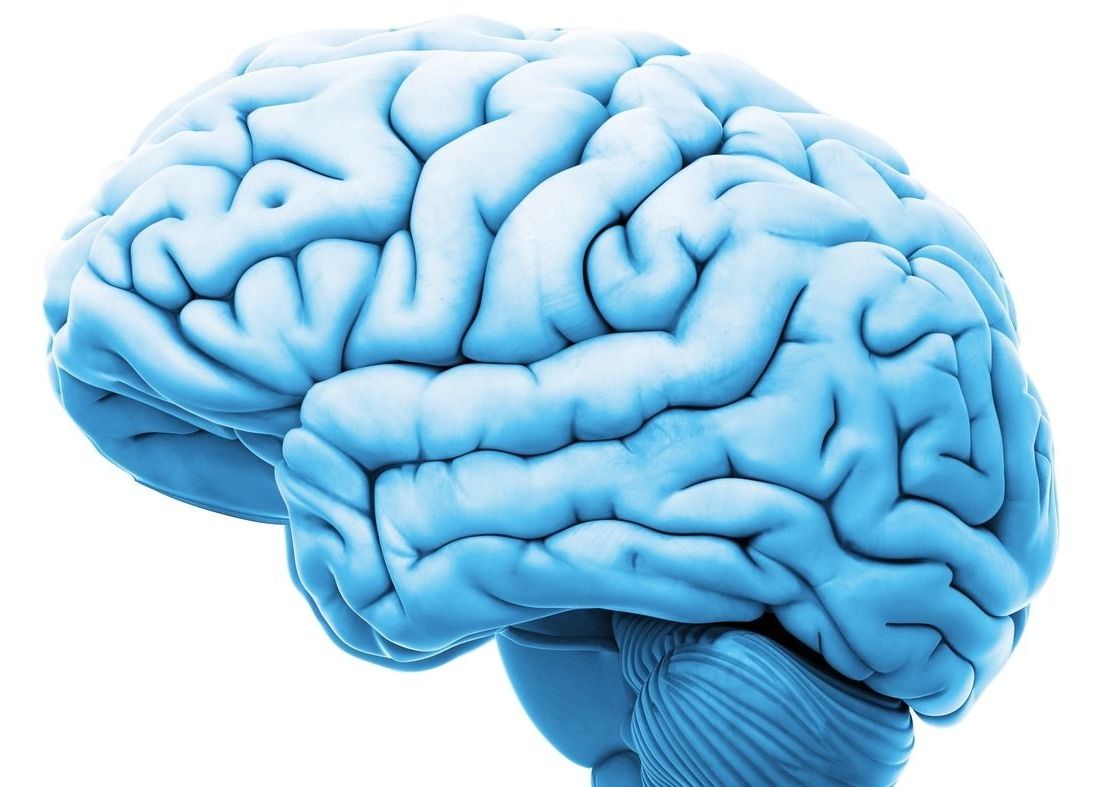
Major psychiatric disorders like autism, schizophrenia and bipolar appear to have more in common than we thought they did. A new study finds that they have important similarities at a molecular level.
And understanding the molecular basis of major disorders such as autism, schizophrenia and bipolar is hopeful, because it could help in developing better treatments for them.
These psychiatric disorders are diagnosed by how a patient behaves. There are no clear signs on a brain “that you can see with your eyes or most microscopic techniques,” says Dan Geschwind, a professor of neurogenetics at UCLA. His team’s findings were published in Science this week.
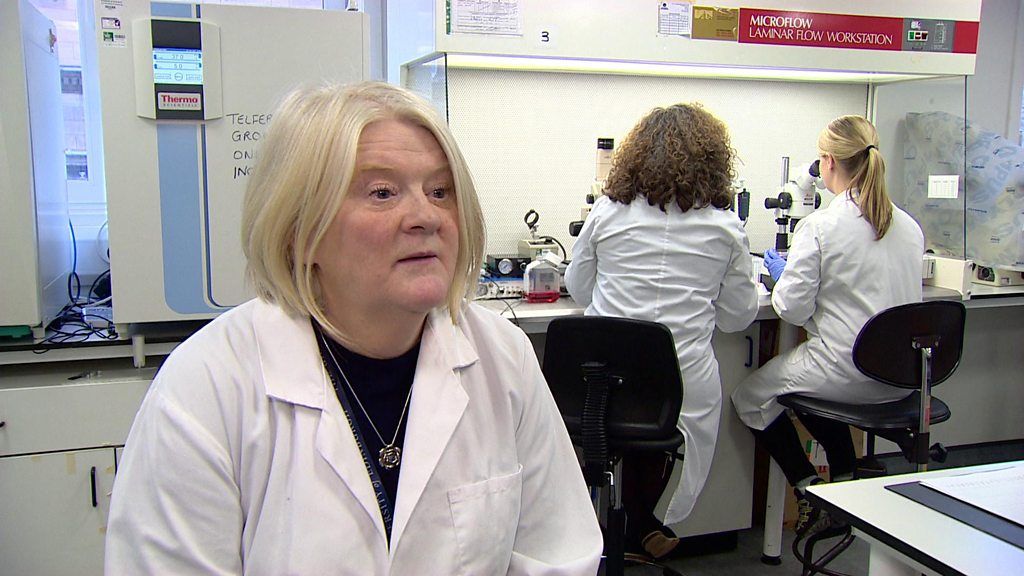
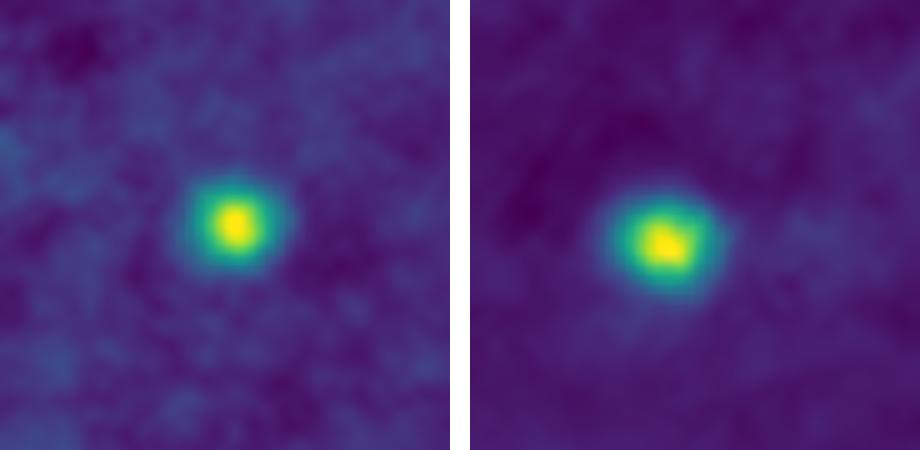
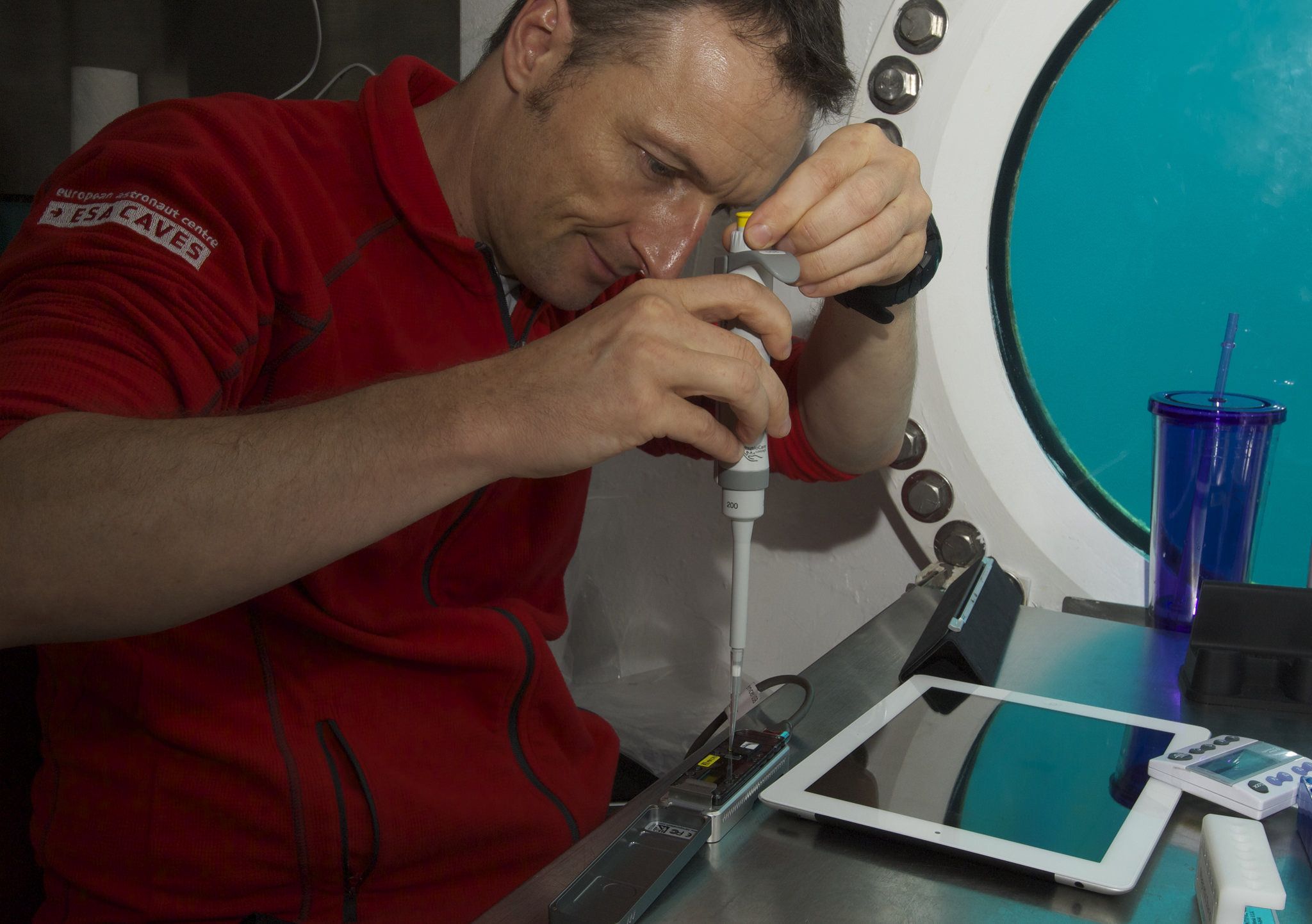
If humans are destined for deep space, they need to understand the space environment changes health, including aging and antibiotic resistance.
A new NASA project could help. It aims to develop technology used to study “omics”—fields of microbiology that are important to human health. Omics includes research into genomes, microbiomes and proteomes.
The Omics in Space project is being led by NASA’s Jet Propulsion Laboratory in Pasadena, California. The project was recently funded by NASA’s Translational Research Institute for Space Health four years of study. Over that time, NASA hopes to develop 3D printable designs for instruments on the International Space Station (ISS), that can handle liquids like blood samples without spilling in microgravity. These tools could enable astronauts to analyze biological samples without sending them back to Earth.
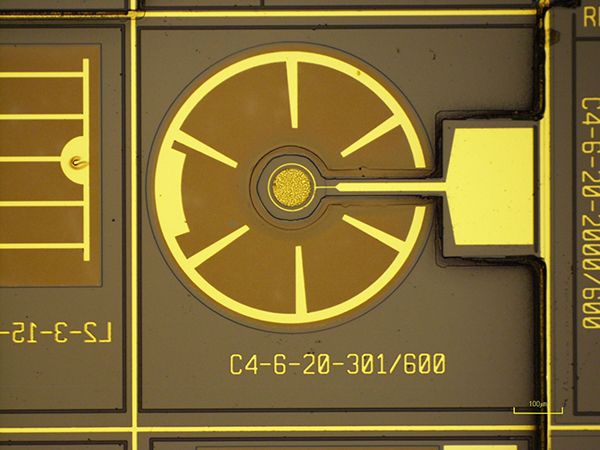

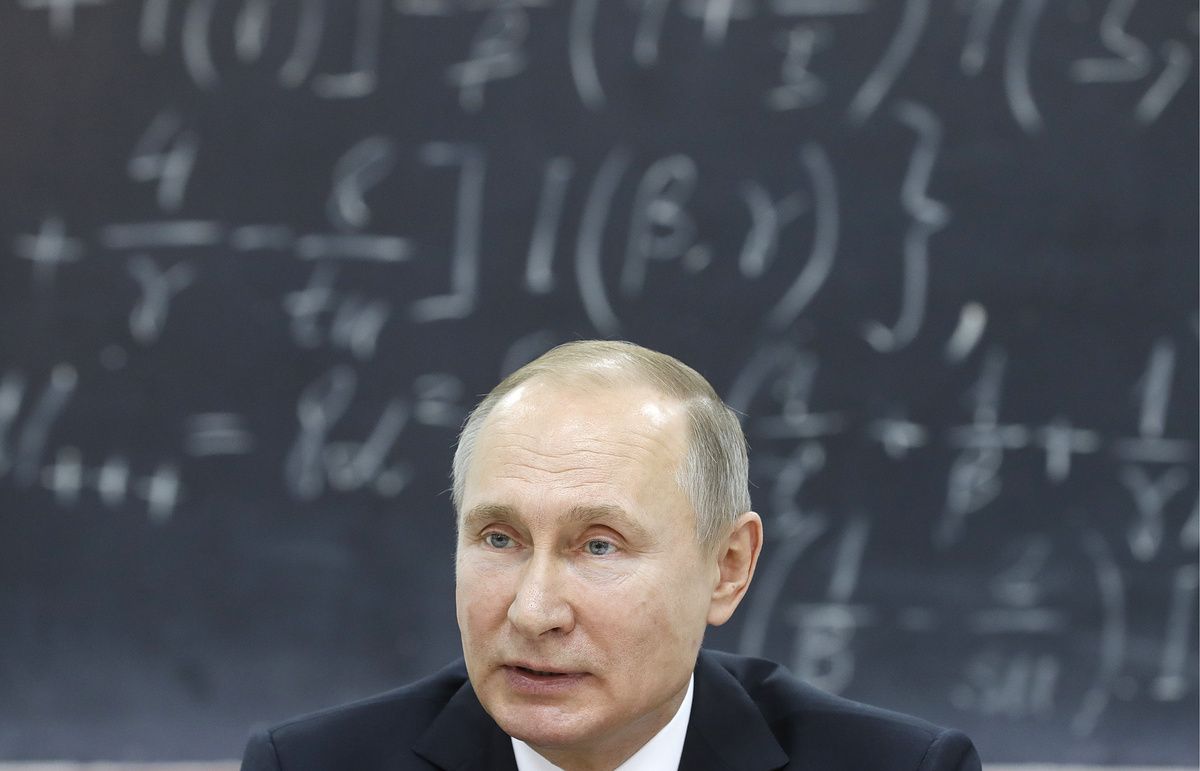
Russian President Vladimir Putin has called for expanding scientific cooperation with other countries and establishing powerful international research centers in Russia.
“Of course, we were actively involved in preparations to set up these [international scientific] centers. We are currently working there, and working successfully,” he said at a meeting of the Council for Science and Education. “However, we need to establish such centers of our own.”
The president recalled the proposal to establish one of such centers in Novosibirsk. “I believe that’s the right idea,” he stressed. “We will be sure to think about this and implement this project.”
Putin added that Russia is involved in a number of international science projects, in particular, in the work of the Large Hadron Collider in Switzerland, a thermonuclear reactor in France and a free-electron laser in Germany. According to the president, Russia as a participant in these projects has the right to use their results. “We must think how to use them [these results] effectively for the benefit of the development of the country, its economy and social sphere,” he stressed.
The head of state pointed to the task of supporting young gifted scientists. “All those who show successful results should have an opportunity to build a research career, implement large-scale scientific projects, have a long-term horizon for planning their activities,” he pointed out. “The most important thing is that the path to science should begin for young people during their school years.”